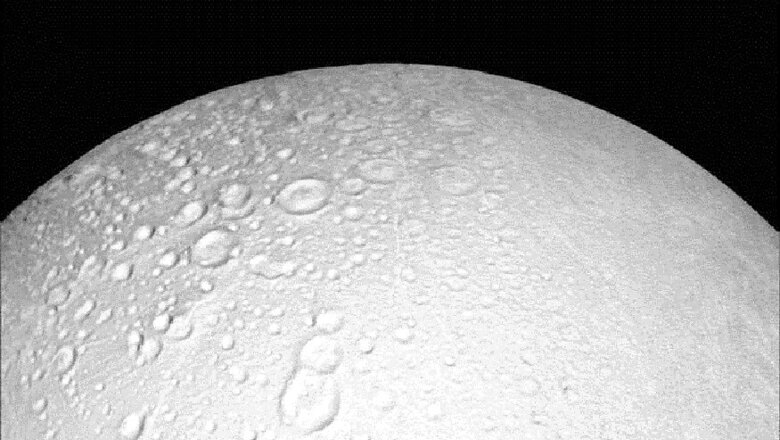
views
GPS has been guiding humans to their destinations since its introduction but this navigation has to date been restricted to destinations on Earth. NASA and Intel now plan to change that and empower mankind to navigate through the outer space as well. For this, the firms have turned to Artificial Intelligence as a solution. With a recent demonstration event hosted by Intel concluding an eight-week summer program by NASA Frontier Development Lab (FDL), nine teams worked up on such limitations faced during space travel and might hinder extraterrestrial colonization.
The entire event was focussed on searching for exoplanets, solar probes and similar space exploration topics. One such topic concentrated on the navigation struggles that humans and robots face during space travel, concluding deep learning as a possible answer to these problems.
Researchers Andrew Chung, Philippe Ludvig, Ross Potter, and Benjamin Wu came up with a system for replicating the Moon's surface in a simulation by feeding millions of Moon's images to an AI system. The AI system has been designed to come up with a virtual Moon using these images and hence help the navigators during the real-time exploration of Earth's satellite. The AI's neural network considers it just another environment on Earth.
Theoretically, people on the Moon should be able to click images of their surroundings at any point and use those to find their location with respect to the virtual replica of the Moon.
Apart from Moon, the same program is expected to work for any other surroundings, even Mars, which is increasingly becoming the next target of colonisation for Humans.




















Comments
0 comment